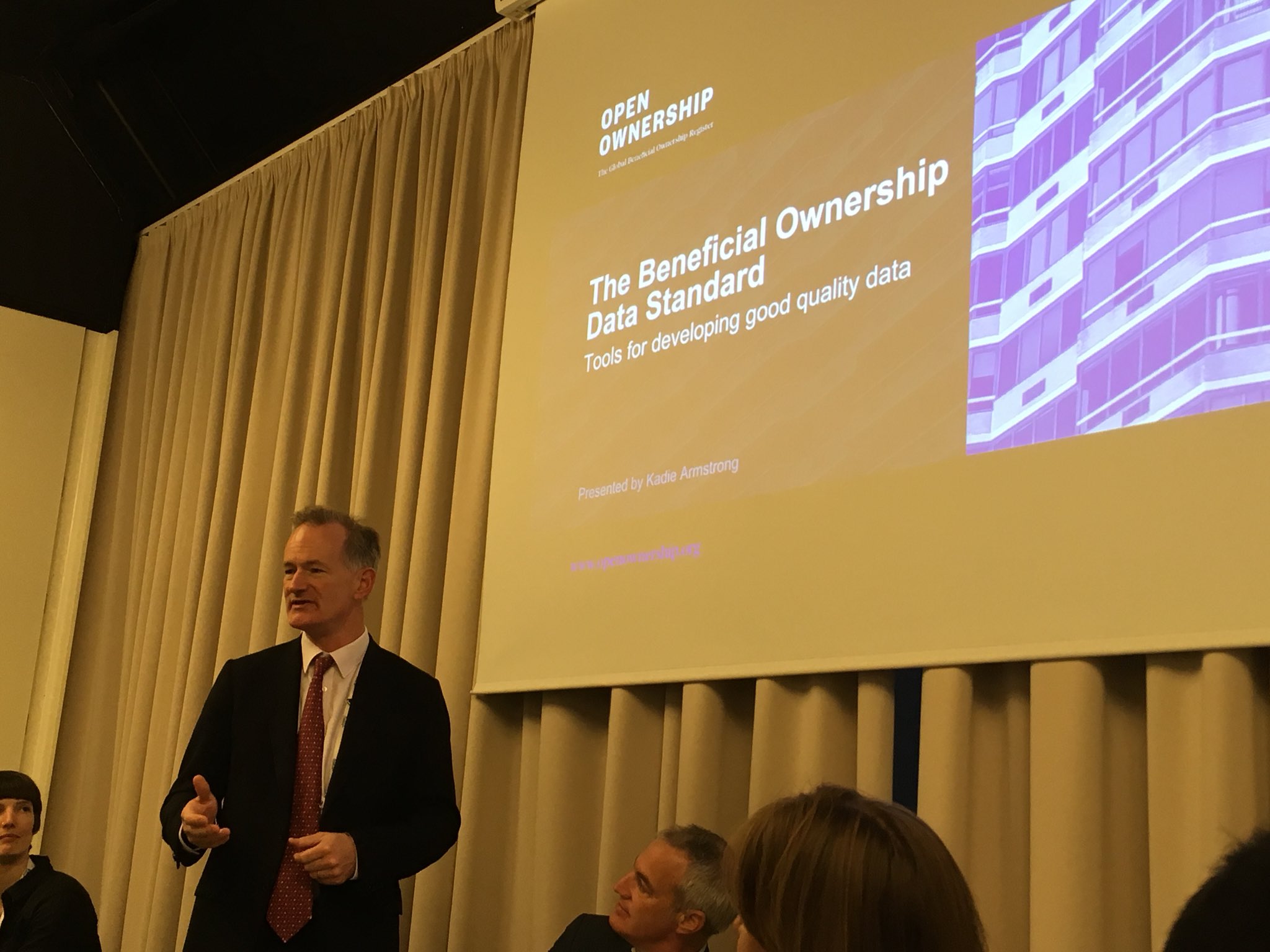This post was published by Naomi Hirst of Global Witness.
This week 1500 members of the world’s anti-corruption community are in Copenhagen, coming together at the 18th International Anti-Corruption Conference to learn from one another, share our successes, our failures, and – naturally – to eat too many Danish pastries.
And the hot topic of conference? Implementing beneficial ownership transparency.
In plenary debates, in workshops, in side meetings, and over the inevitable cups of coffee, the main subject of discussion is how to get more countries to publically reveal the real owners of companies. It feels like a breakthrough.
“Being open is ‘the quid pro quo’ for the privileges that the corporate form confers on its owners” – not a statement from a hardened campaigner, but the sentiments of a senior extractives exec.
And rather than discuss the ins and outs of why and how anonymous companies are an essential part of the corruption toolkit, the conversation has turned to action. How many countries have created public registers of beneficial ownership? Are they any good? How can they be improved? How many governments have made commitments? What data is out there? How can we exploit it?
And the most important question: how do we make beneficial ownership transparency normal?
For the UK Anti-Corruption Champion, John Penrose MP, the pressing challenge is to make this kinds of transparency part of the ‘warp and weft’ of day-to-day business. In other words, making it ’a given’, something that we all expect as a matter of course.
For those of us who have been investigating anonymous companies and campaigning against corporate secrecy for nigh on a decade, this is music to our ears.
Of course, we’re not complacent: our work to analyse the UK’s company register has revealed that there is still some way to go before it will really deliver on its potential. And what of trusts? Like John Penrose MP, we want to see the full gamut of secrecy vehicles made public.
And beyond the UK, we have yet to see how the EU and the British Overseas Territories will interpret the 5th Anti-Money Laundering Directive or the UK’s Sanctions and Anti-Money Laundering Act.
We haven’t reached public register perfection by any stretch, there are mountains to climb before the 27 European Member States and the likes of Canada, the US, and the rest of world catch up. But – and you’re allowed some optimism at a conference, right? – it feels more achievable than ever.

